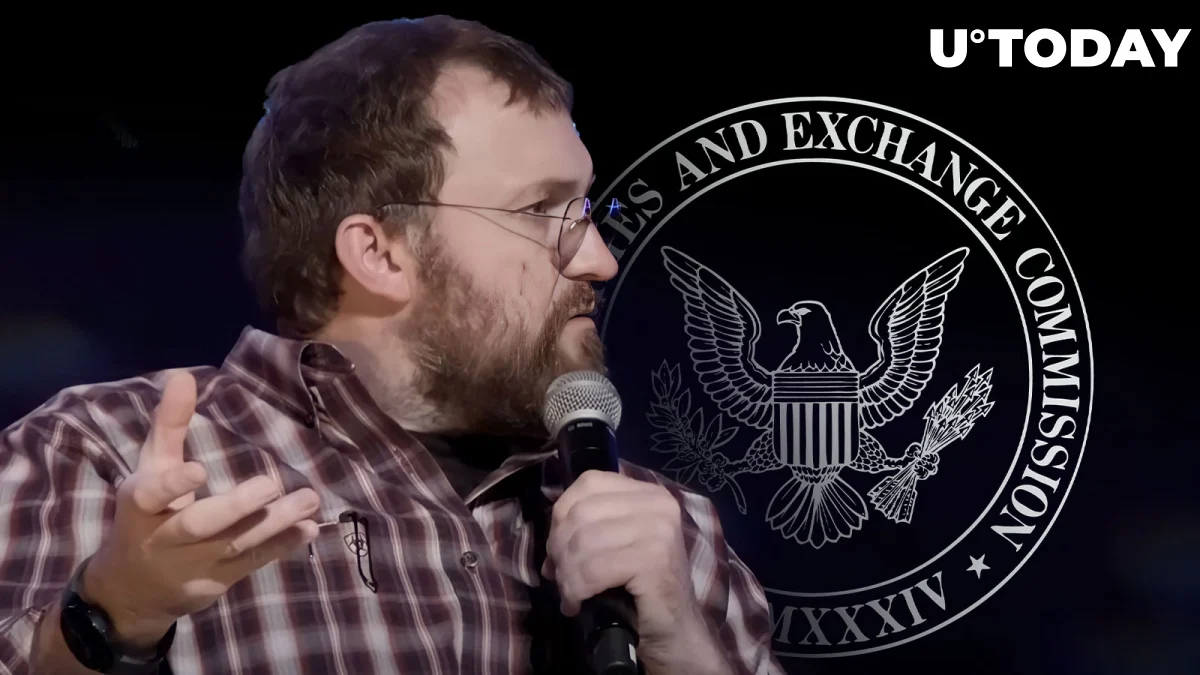
Charles Hoskinson, the founder of Cardano, has categorically refuted claims made by the U.S. Securities and Exchange Commission (SEC) that Cardano’s native ADA cryptocurrency qualifies as a security.
Hoskinson tweeted, “The facts might be inconvenient to the SEC but are facts,” noting that no ADA was offered for sale in the United States and that the first funding was carried out in Japan using vouchers that were then exchanged for ADA in an airdrop in 2017.
His post was in reaction to crypto enthusiast and attorney Bill Morgan, who claims that promoting ADA and adding functionality to it does not constitute the sale of securities.
2015 saw the introduction of Cardano as an open-source, public blockchain by Hoskinson, one of the Ethereum’s co-founders. As a result of the project’s initial coin offering (ICO) in Japan, it was given the moniker “Japanese Ethereum.”
Cardano was one of the biggest initial coin offerings (ICOs) ever held in Asia at the time, and ADA soon rose to the top cryptocurrencies by market valuation.
Though the project rose to prominence for its meticulous, peer-reviewed approach to blockchain development, it still receives criticism for being “vaporware” because there don’t seem to be any practical use cases.
The SEC’s accusations against Cardano followed the filing of shocking lawsuits against Binance and Coinbase, two cryptocurrency exchanges. The regulatory agency determined that ADA was being sold on these sites as an unregistered securities.
IOG reacted to the SEC’s allegations in a statement by claiming that the ADA token is not a security “under U.S. securities regulations.They contend that their actions do not constitute the sale of securities since they have just been expanding and adding features to the Cardano blockchain, much like a software developer would do with a product.


















